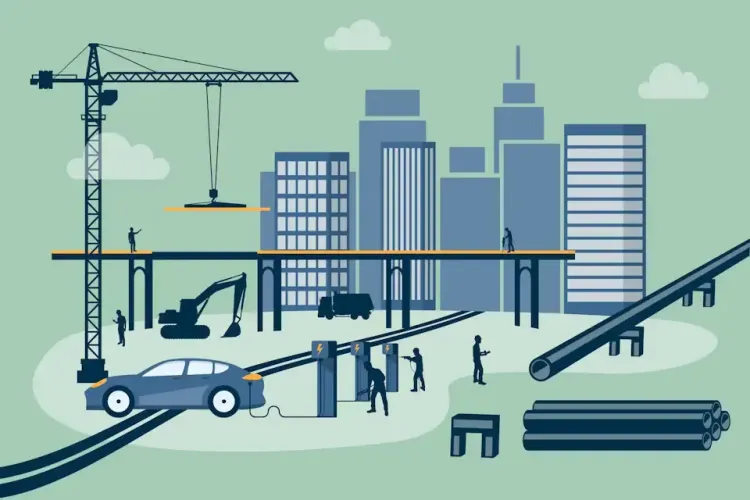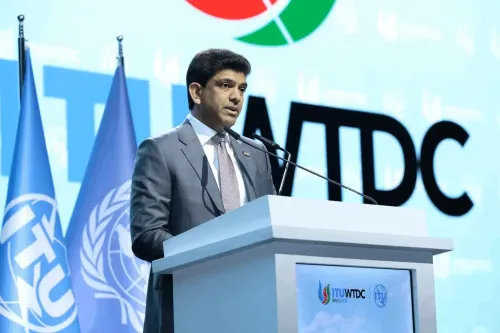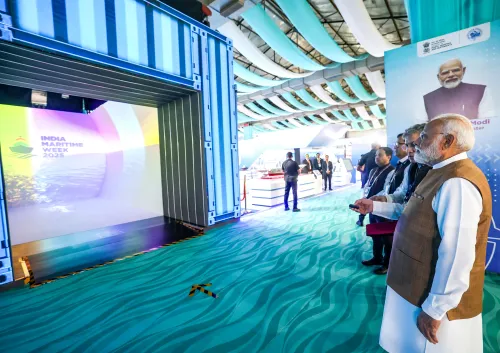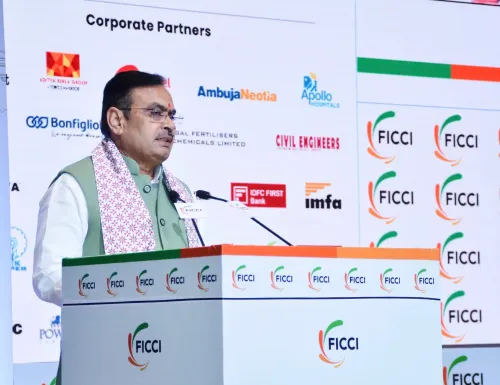Government Optimistic on Robust Infrastructure Development; Private Sector Needs to Engage: Economic Survey

Synopsis
Key Takeaways
- The government prioritizes infrastructure development in multiple sectors.
- Public-private partnerships are essential for successful projects.
- Significant investment needed over the next decade.
- National Infrastructure Pipeline aims for Rs 111 lakh crore investment.
- Ongoing efforts show promise but there remains unmet demand.
New Delhi, Jan 31 (NationPress) The government has emphasized the importance of infrastructure—including physical, digital, and social components—in the past five years. The Economic Survey 2024-25 highlighted the necessity for strong public-private partnerships to enhance infrastructure across the nation.
Presented in the Parliament by Finance Minister Nirmala Sitharaman, the Survey emphasized that private sector involvement is equally crucial.
"India's developmental goals necessitate considerable investment in infrastructure over the coming decade. Although estimates for required investments vary, there is consensus that current spending must be significantly increased to meet these targets," stated the document introduced in Parliament, prior to the Union Budget 2025-26.
In FY25, capital expenditure gained momentum following the elections. The government acknowledges the essential role of ongoing infrastructure development and the need for promoting sustainable construction practices.
"It is evident that public capital alone cannot fulfill the requirements for upgrading the nation’s infrastructure in line with the 'Viksit Bharat@2047' vision," the Survey noted. It stressed the importance of enhancing private sector engagement by bolstering their capacity for project conceptualization and confidence in risk-sharing, revenue-sharing mechanisms, contract management, conflict resolution, and project completion.
The nation's aspirations for development demand substantial investment in infrastructure over the next ten years.
In alignment with this goal, the Union government's capital expenditure on major infrastructure sectors has seen a trend increase of 38.8 percent from FY20 to FY24.
The government has also implemented several supportive measures to accelerate project planning, approvals, and execution.
The National Infrastructure Pipeline (NIP) was initiated with a forward-thinking strategy, aiming for an estimated infrastructure investment of approximately Rs 111 lakh crore from FY20 to FY25.
Currently, it includes over 9,766 projects and schemes spanning 37 subsectors. These initiatives are monitored and tracked through the integrated India Investment Grid (NIP-Project Monitoring Group) portal.
The government is introducing innovative frameworks to draw investments into infrastructure projects.
To enhance private investment in brownfield assets, the National Monetisation Pipeline (NMP) was launched in August 2021. This initiative established a monetization policy framework and identified a pipeline of potential core assets valued at Rs 6 lakh crore for the FY22 to FY25 period.
For FY22 to FY24, against a target of Rs 4.30 lakh crore, transactions amounting to Rs 3.86 lakh crore in private investments were realized under core asset monetization.
In terms of sectors, roads, power, coal, and mines led the performance, supported by tested market models and reforms. For FY25, the overall monetization goal is set at Rs 1.91 lakh crore.
"Despite sincere efforts by the Union government and various state governments and public sector enterprises contributing to increased capex, there remains a significant demand for infrastructure development," the Survey concluded.
While this situation is typical for a dynamic, developing economy, India’s ambition of achieving 'Viksit Bharat' necessitates innovative financing solutions and increased private sector participation to progressively address this gap.









